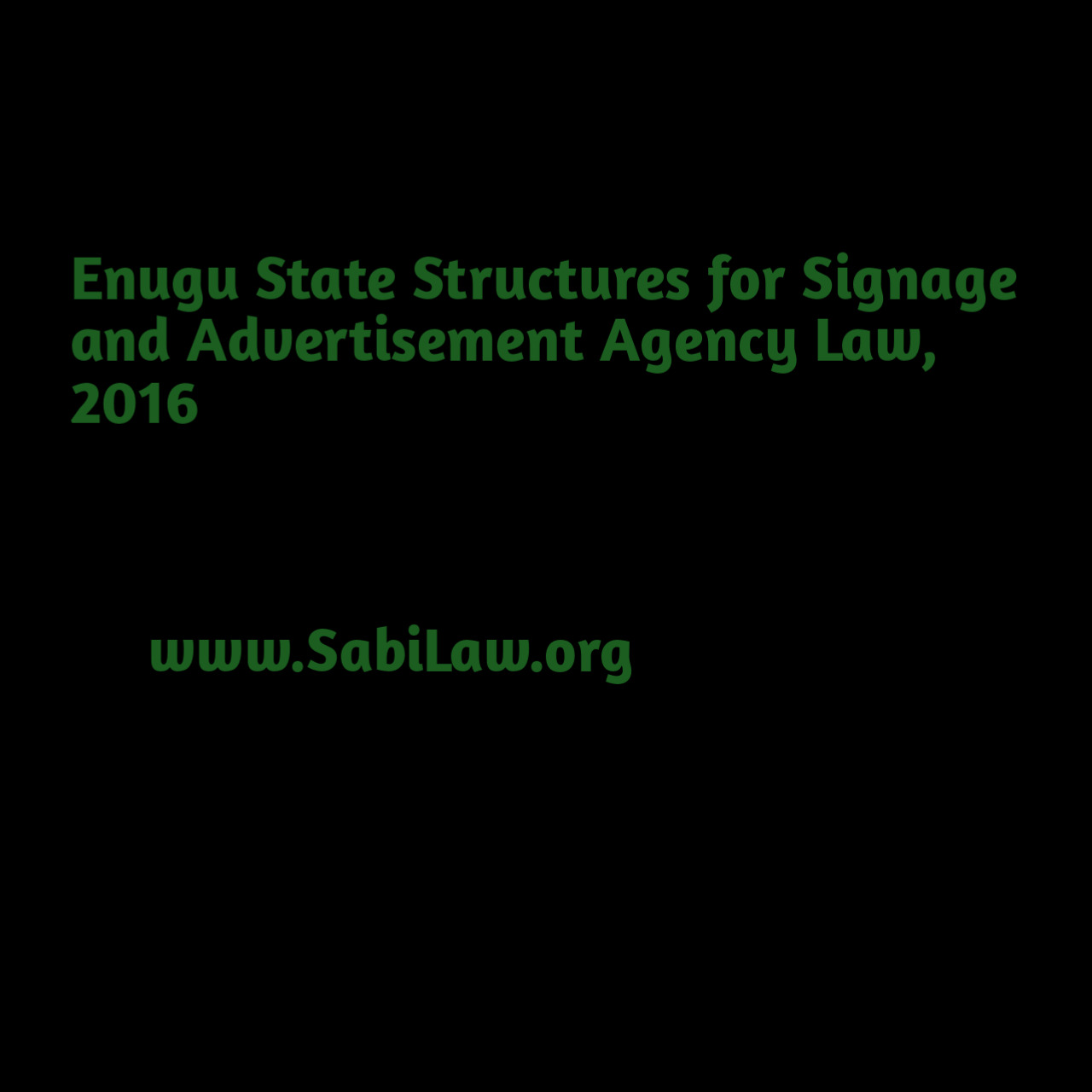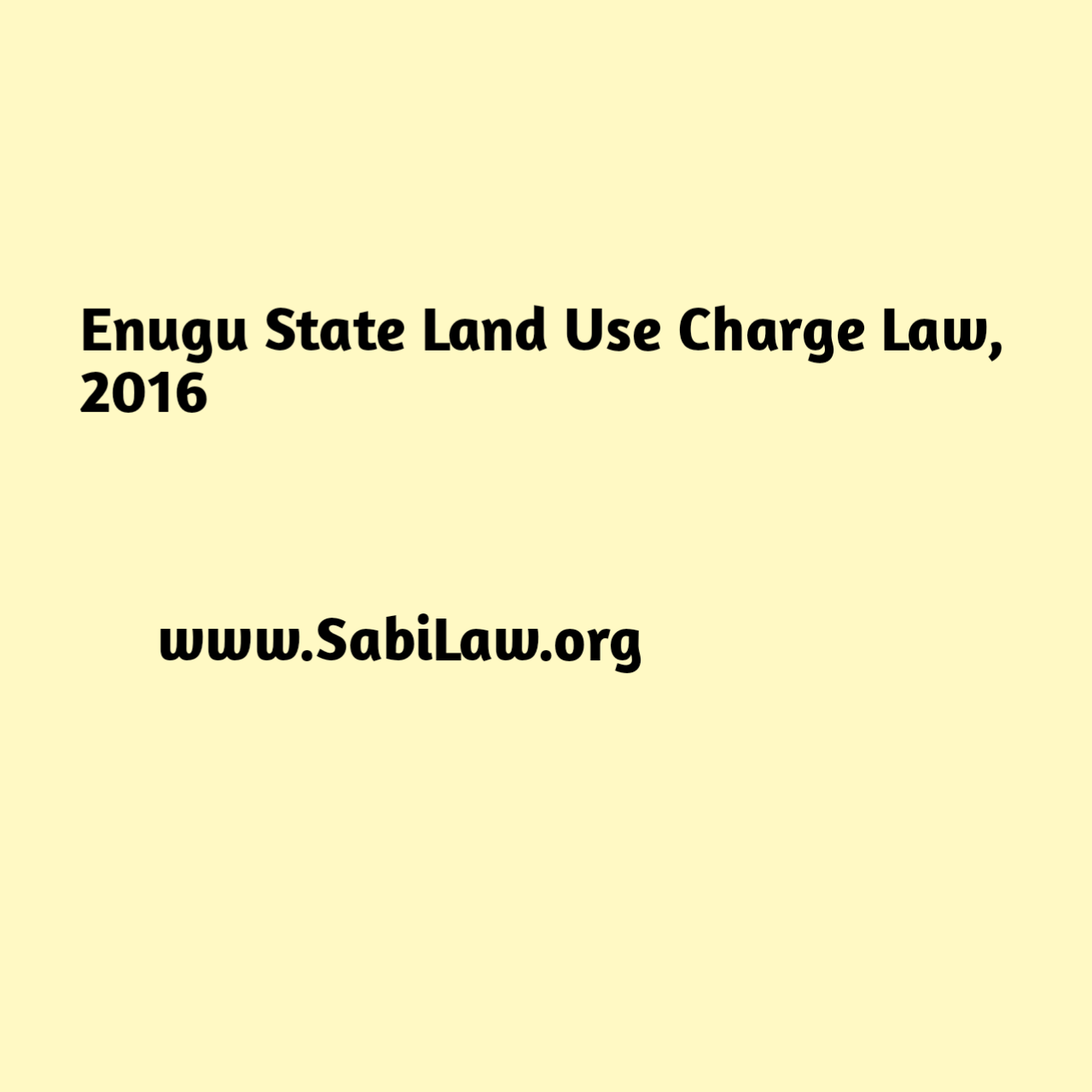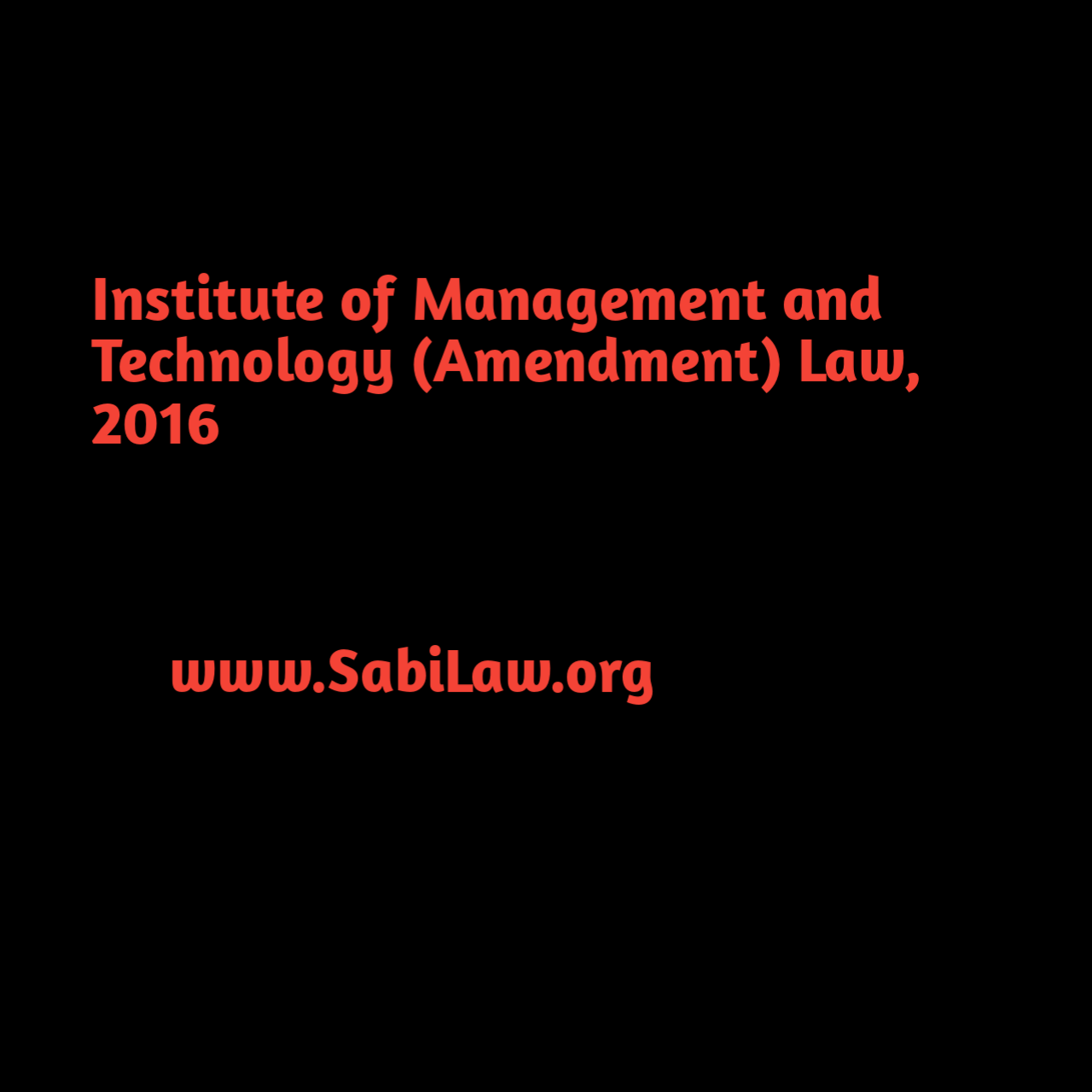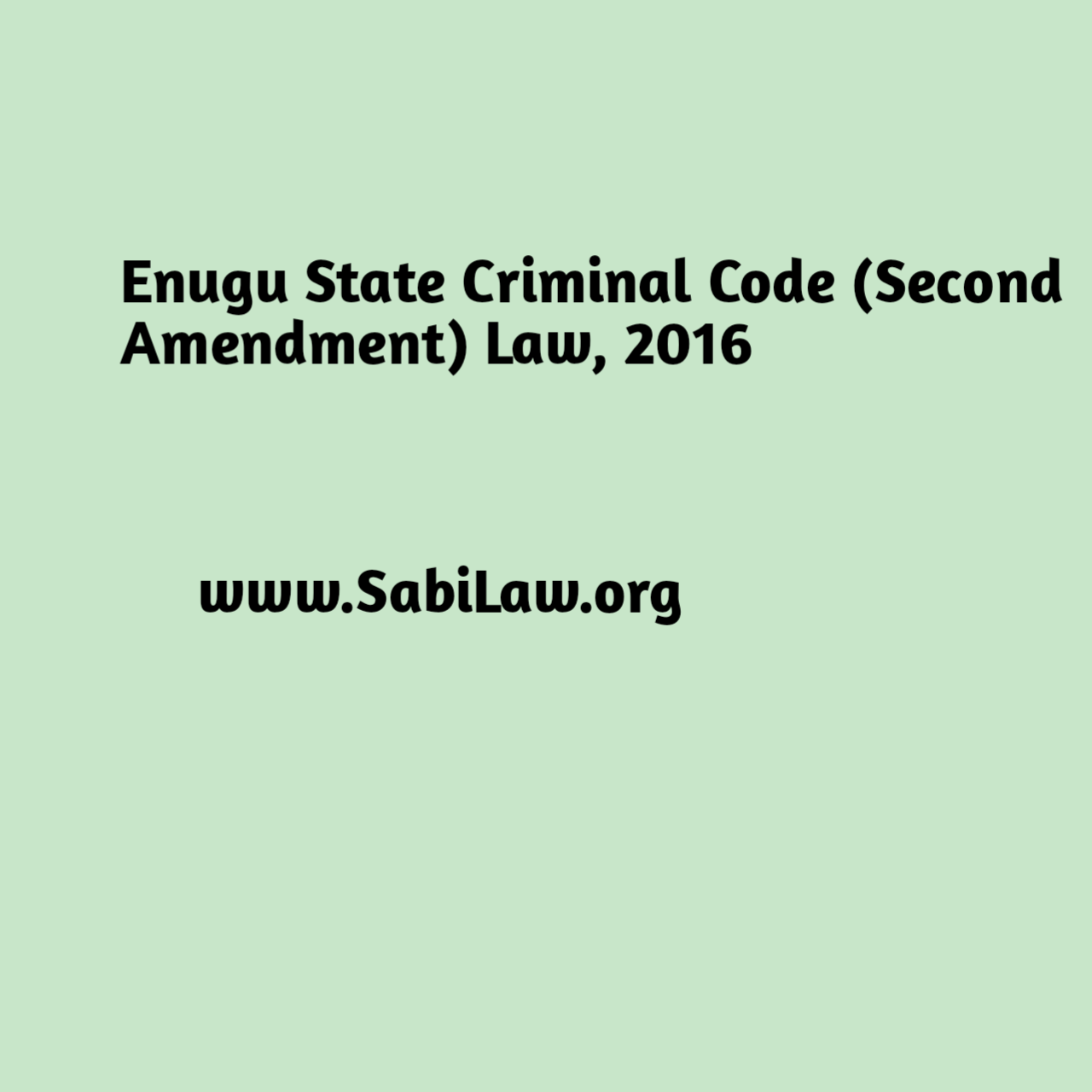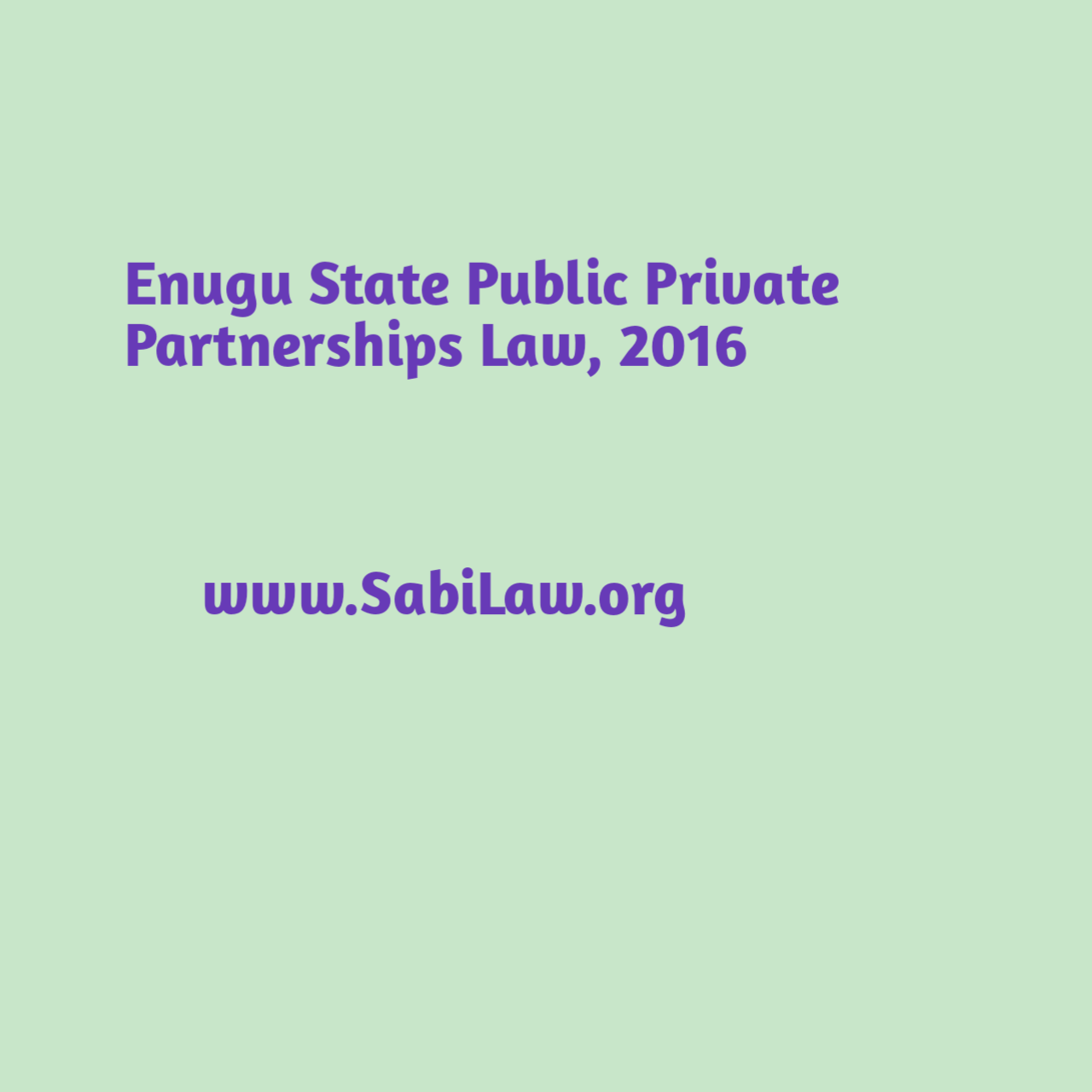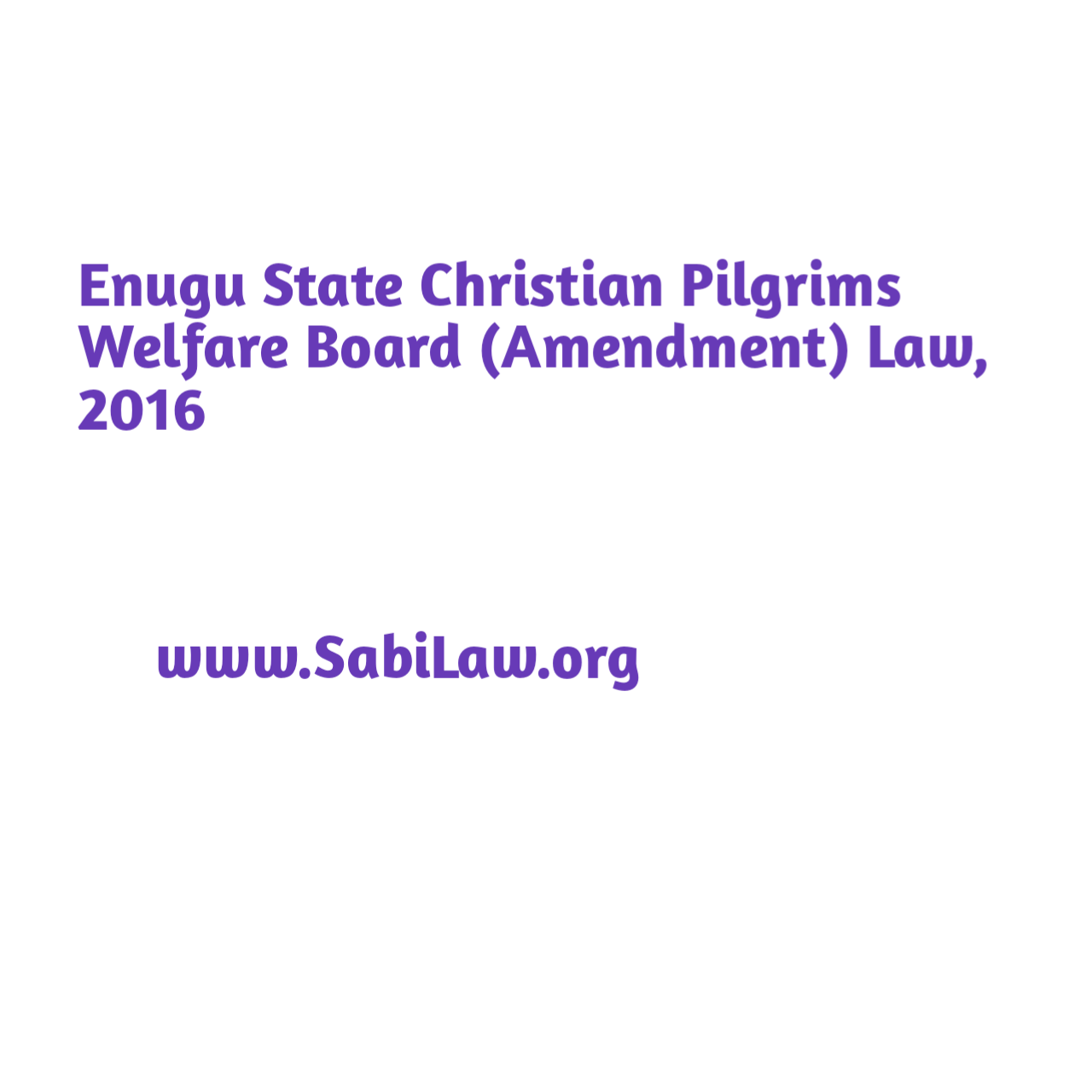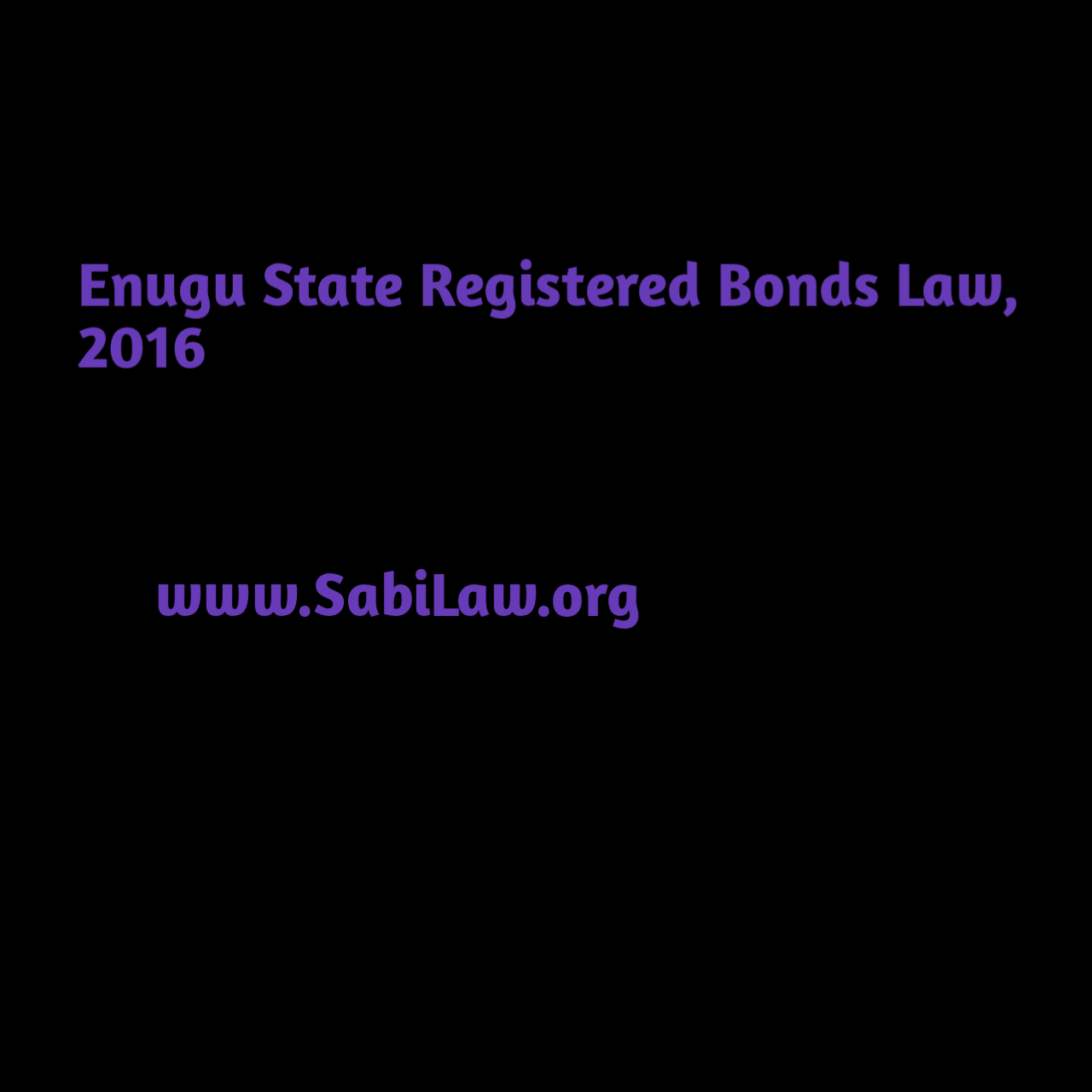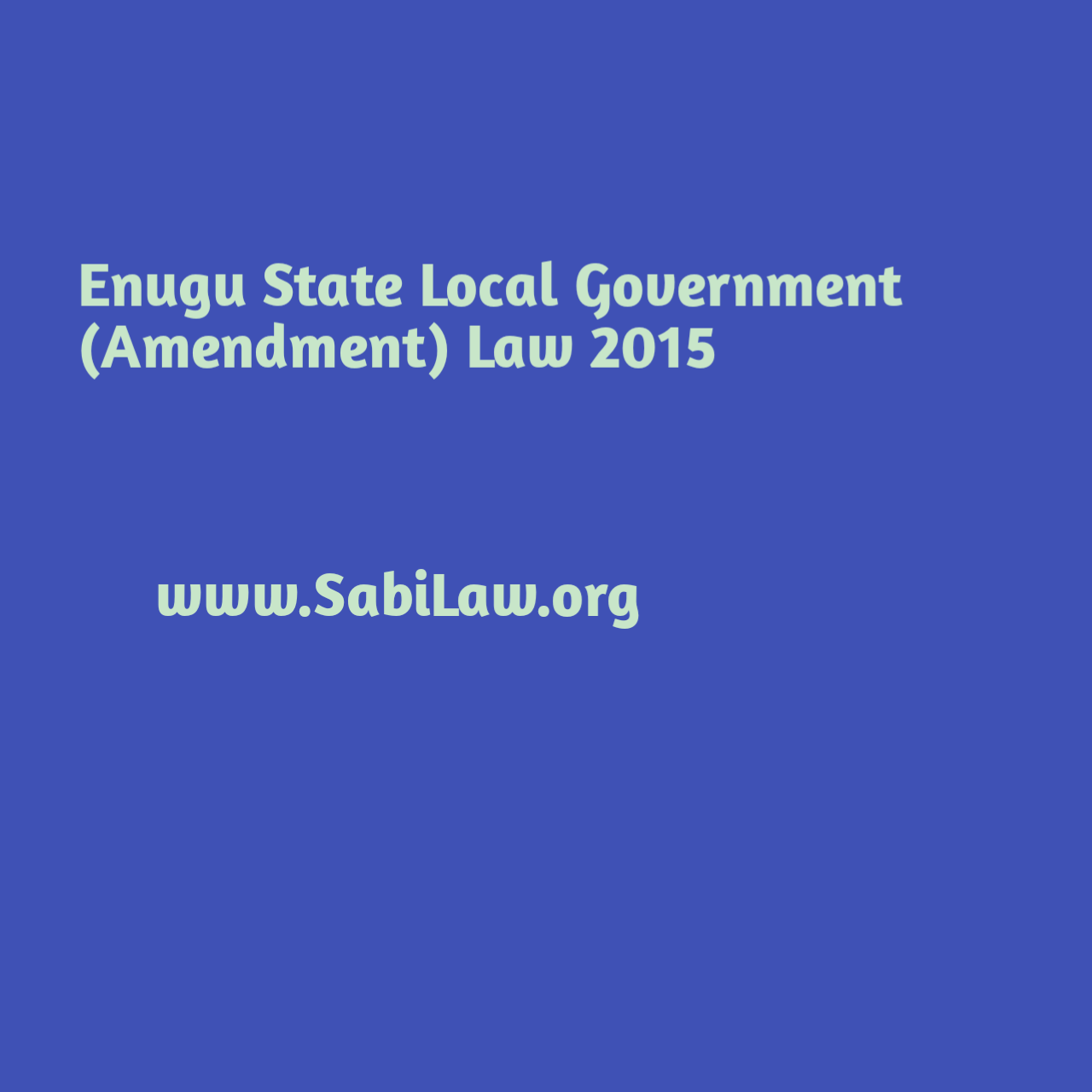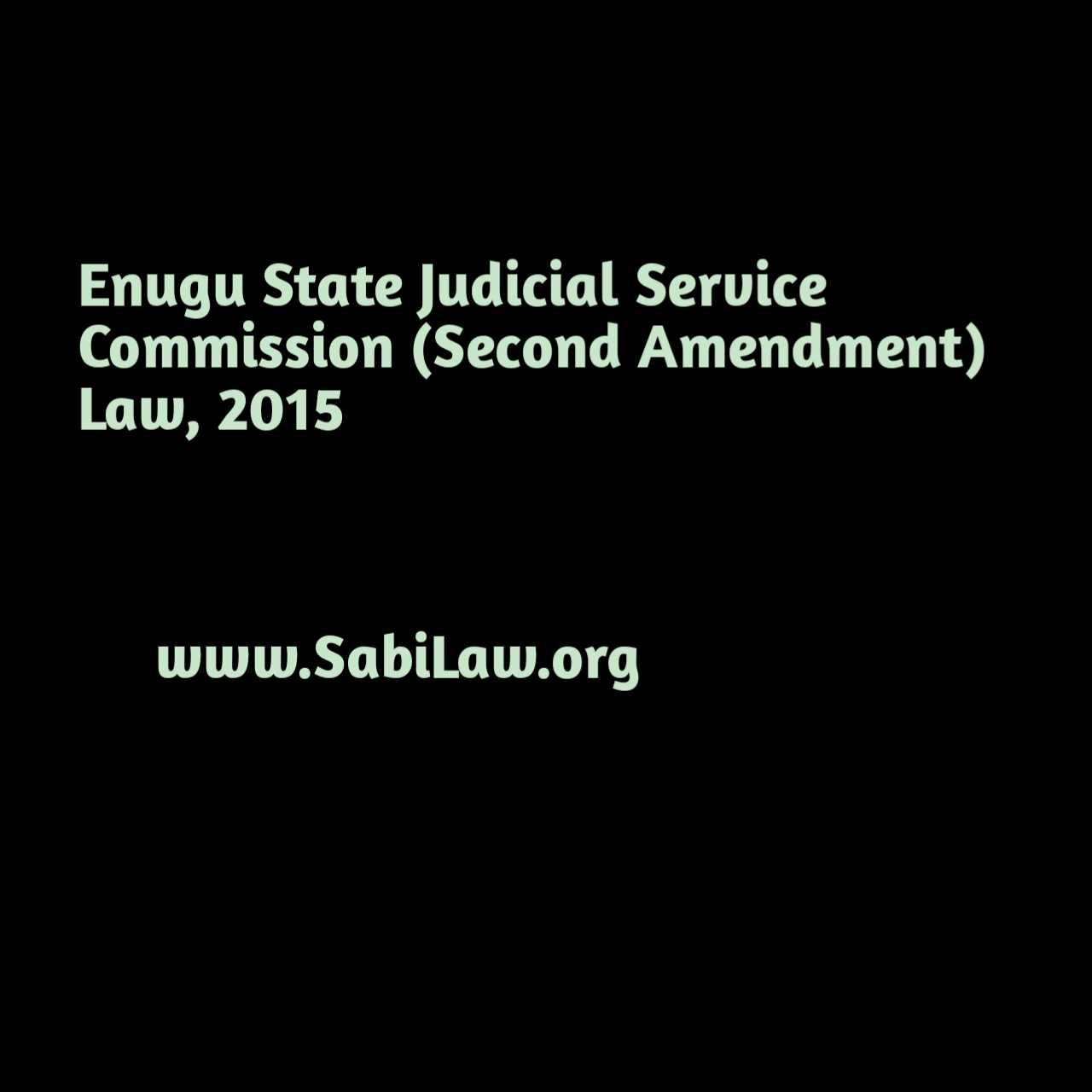Suspension of C.B.N Governor by the President: the Stance of the Law.
By Innocent Chiwuokem Sylvester
Netizens and Citizens have been agog recently over the recent happenstances as to the suspension of the Central Bank of Nigeria (CBN) Governor.
President Bola Ahmed Tinubu, on Friday June 9th 2023, suspended Godwin Efemiele, sorry, Emefiele, Governor of the Central Bank of Nigeria (CBN) following the ongoing investigation of his office.
This is not the first time that the President of Nigeria will be suspending the CBN Governor from office.
In 2014, President Goodluck Jonathan suspended the Former CBN Governor, Sanusi Lamido Sanusi on the grounds that there were reports of the Financial Reporting Council of Nigeria and other investigating bodies, indicating various acts of financial recklessness and misconduct paving the way for Emefiele to be CBN Governor.
Sanusi challenged the said suspension in Court.
In that case of SANUSI LAMIDO v. PRESIDENT & Ors, the Federal High Court declined to rule on the legality or otherwise of such Suspension, instead it was referred to an Industrial Court.
There is no indication that a separate suit was filed on this matter or that an appeal was made. Therefore, the above case did not resolve the issue as it does not appear that the case was heard on the merits.
The question left for determination now becomes, what is the position of the Law concerning the Suspension of the CBN Governor from office by Mr. President?
Under Section 11 of the CBN Act 2007, the suspension or removal of the CBN Governor can occur under certain circumstances. These circumstances include:
- If he/she becomes a member of any Federal or State legislative house.
- If he/she becomes a director, officer, or employee of any bank.
- If he/she becomes of unsound mind or incapable of carrying out their duties due to ill health.
- If the he/she is convicted of any criminal offense by a court of competent jurisdiction, except for traffic offenses or contempt proceedings related to the execution of their duties.
- If he/she is guilty of serious misconduct in relation to their duties under the CBN Act.
- If he/she are disqualified or suspended from practicing their profession in Nigeria by an order of a competent authority made in respect of them personally.
- If he/she becomes bankrupt.
- If he/she is removed by the President with support of two-thirds majority of the Senate.
Reliance has been placed on the last segment of the conditions which is the ‘REMOVED’.
The Golden rule as expounded and formulated in the case of BECKE v. SMITH where Parke B., stated that ‘it is important that words are given their ordinary meaning when interpreting statutes, but the words may be modified if the ordinary meaning leads to absurdity’.
The question now becomes, is there any absurdity caused by the use of the word ‘REMOVE’ in the last segment of the Section cited above? The answer is definitely in the Negative.
This is where the LITERAL RULE OF INTERPRETATION comes in. This rule of interpretation presupposes that laws ought to be given their natural meaning and interpretation where it won’t cause absurdity.
It is then obvious that the use of the word ‘REMOVAL’ used in the Act did not contemplate anything more.
There is a difference between REMOVAL and SUSPENSION.
In the case of University of CALABAR v ESIAGA 1., the court stated thus : “the word SUSPENSION means a temporary privation or deprivation, stoppage or cessation of or from the right or privileges of a person. The word carries or conveys a temporary or transient disciplinary procedure which keeps away the victim or person disciplined from his regular occupation or calling either for a fixed or terminal period or indefinitely”.
Also, in the case of AMADIUME v. IBOK 2, the Court of Appeal held that:- “A master or employer can suspend his servant or employee when necessary and it cannot amount to a breach of servant’s or employee’s fundamental rights. The essence of placing a servant on a compulsory leave which is the same thing as suspension from duty is to enable the master to investigate the servant”.
Furthermore, the Court of Appeal in the very recent case of GLOBE MOTORS HOLDING LTD v AKINYEMI ADEGOKE OYEWOLE 3, following the precedent set by the supreme court in LONGE v FBN PLC 4 and also applied by the Supreme Court in the subsequent case of BAMISILE v NJC & Ors. 5, held thus “since the SUSPENSION is not a termination of the employment contract nor a dismissal of the employee, the implication is that the employee is still in continuous employment of the employer until he is recalled or formally terminated or dismissed”.
It can be deduced from the above that an Employee can be suspended as a disciplinary measure by the Employer and this is exactly what Mr. President did to the CBN Governor, Godwin Emefiele in this case.
The suspension of Godwin Efemiele – my bad, Emefiele, as CBN Governor is only a disciplinary measure pending the investigation of the allegations on him and does not in any way amount to removal.
A cursory look at the above analysis will go to show that a big difference lies between REMOVAL AND SUSPENSION.
CONCLUSION
The CBN Act only contemplated the procedures of ‘REMOVAL’ and not ‘SUSPENSION’ for the CBN Governor by the President and thus, we can’t by ourselves assume that SUSPENSION was contemplated by the use of the word ‘REMOVAL’ where such was not intended. A look at the case laws cited goes to show that the Employer, in this case, Mr. President can always suspend the Employee (CBN Governor) as a form of Disciplinary measure and cannot remove him except in accordance with the law, which is by a two third (2/3) majority vote of the Senate House.
In as much as SUSPENSION in reality appears to amount to REMOVAL, that is far from the position of the law. In the eyes of the law, the both differ.
RECOMMENDATIONS
The Writer recommends that to further strengthen yhe Independence of the CBN and it’s Head, a procedure for his suspension which will include the two third (2/3) majority vote of the Senate, be inserted into the CBN Act. This way, speculations and misinterpretations would be avoided in ascertaining the legality or otherwise of the suspension of the CBN Governor by the President.
ENDNOTES
- (SC 52 of 1999) [2004] NGSC 21 (02 April 2004)
- [2006] 6 NWLR (Pt. 975) 158 at 181 – 182 paragraphs F – C,
- (2022) LPELR-56856(CA)
- (2010) 6 NWLR (Pt. 1189) 1 S.C
- (2012)LCN/5094(CA)
About the Author
Innocent Chiwuokem Sylvester is a Nigerian Law School Student. He is an avid reader and researcher who loves contributing his knowledge to topical legal issues. He can be reached via innocentsylvester202@gmail.com or 08022018759 for inputs, contributions or constructive criticisms.
****************************************************************************************
This work is published under the free legal awareness project of Sabi Law Foundation (www.SabiLaw.org) funded by the law firm of Bezaleel Chambers International (www.BezaleelChambers.com). The writer was not paid or charged any publishing fee. You too can support the legal awareness projects and programs of Sabi Law Foundation by donating to us. Donate here and get our unique appreciation certificate or memento.
DISCLAIMER:
This publication is not a piece of legal advice. The opinion expressed in this publication is that of the author(s) and not necessarily the opinion of our organisation, staff and partners.
PROJECTS:
???? Take short courses, get samples/precedents and learn your rights at www.SabiLaw.org
???? Publish your legal articles for FREE by sending to: eve@sabilaw.org
???? Receive our free Daily Law Tips & other publications via our website and social media accounts or join our free whatsapp group: Daily Law Tips Group 6
KEEP IN TOUCH:
Get updates on all the free legal awareness projects of Sabi Law (#SabiLaw) and its partners, via:
YouTube: SabiLaw
Twitter: @Sabi_Law
Facebook page: SabiLaw
Instagram: @SabiLaw.org_
WhatsApp Group: Free Daily Law Tips Group 6
Telegram Group: Free Daily Law Tips Group
Facebook group: SabiLaw
Email: lisa@sabilaw.org
Website: www.SabiLaw.org
ABOUT US & OUR PARTNERS:
This publication is the initiative of the Sabi Law Foundation (www.SabiLaw.org) funded by the law firm of Bezaleel Chambers International (www.BezaleelChambers.com). Sabi Law Foundation is a Not-For-Profit and Non-Governmental Legal Awareness Organization based in Nigeria. It is the first of its kind and has been promoting free legal awareness since 2010.
DONATION & SPONSORSHIP:
As a registered not-for-profit and non-governmental organisation, Sabi Law Foundation relies on donations and sponsorships to promote free legal awareness across Nigeria and the world. With a vast followership across the globe, your donations will assist us to increase legal awareness, improve access to justice, reduce common legal disputes and crimes in Nigeria. Make your donations to us here or contact us for sponsorship and partnership, via: lisa@SabiLaw.org or +234 903 913 1200.
**********************************************************************************












































